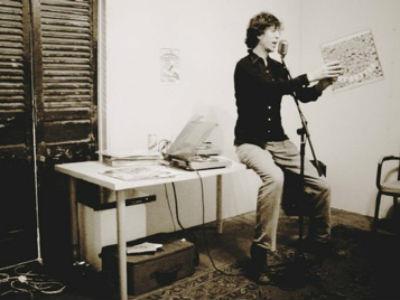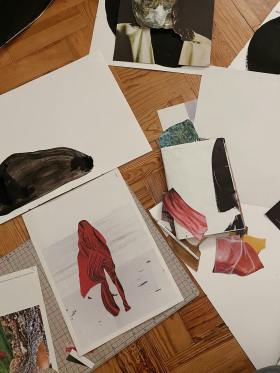Next step therefore was to gain feedback before turning around a quick resubmission. The feedback seemed to say that it was a strong application so I guessed I may have had bad luck in the weekly lottery of the regional panel’s decision making meeting. So, after a little tweaking of the application, I tried again. Six weeks later, another slim envelope. This second rejection came as a genuine surprise.
What do you do when in this situation? You can throw your hands up in the air and say, ‘It’s not to be’ or you can find out why your luck has dried up and what you can do about it. I chose the latter. More information is better than less so I did some thorough research. Namely, I got hold of the two evaluation sheets and read the comments and scorings of the central assessors and regional team that signed them off. On top of that, I made a Freedom of Information request to see who was on the regional panel, and finally, I made some enquiries and found out what did get funded at those meetings.
Looking at it all, my first instinct was to pick up the phone and scream down the line at the assessor. I restrained myself from this and instead looked for points in the evaluations where I thought it had been misunderstood or where ACE’s own guidelines had not been followed and I put these into a series of carefully worded questions. The reply came quickly and seemed to simply reiterate the assessments and not address my concerns. I restated my questions and got a similar response. It was as if the replies I received were written in a very specific language of arts administration that immunised the assessments from criticism by falling back upon generalisations that deflected quite valid questions.
I came to the conclusion that this to and fro with the assessor would get me nowhere and that I had to get the application looked at again. In the first instance this meant that it was reviewed by a senior member of the assessment team. I was reluctant to pursue this course as I was aware that doing so is an implicit criticism of those who assessed the application first time round. Still, the alternative was worse.
Not appealing a decision I found at fault would mean more or less giving up the idea of gaining support from ACE ever again; if even strong applications could be routinely rejected then what hope was there? A response came from a senior member of the team and it was similar to the previous communications I had had: my concerns were natural but everything was in order and the decision stood.
I then took the final step of lodging a formal complaint. With this I had to state my case in a single document and so I prepared it carefully, even legalistically, arguing it point by point and referencing ACE documents when I believed the assessors had not been consistent with them. It was a robust letter that demanded clear answers to the many points I raised. I’m happy to say that finally I received a reply that did make clear sense. Although not all of my points were accepted a number of them were and it was admitted that the application was not dealt with correctly first time round. It was then passed for prompt reassessment and was finally awarded funding.
If there is something I can take from this experience it is that the path of least resistance is not always the best to follow. If you really are convinced there has been a mistake then don’t accept generalised responses, get specific answers. The other thing I have learnt is that the funding system, imperfect as it is, does have checks and balances within it. People making assessments are only human and mistakes will happen from time to time, after all, it is not a science, it is a rather subjective process that guidelines and policy can direct but never wholly regulate. As such, a complaints procedure is necessary and, I’m pleased to say, does function. I don’t want to make a habit of using it but it is good to know that it exists and you can have recourse to it.





